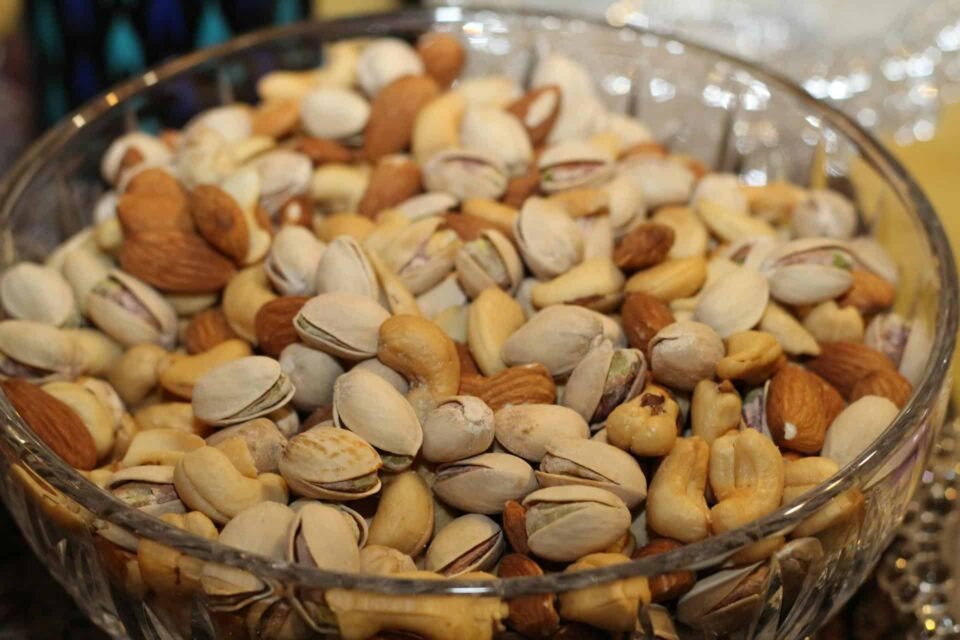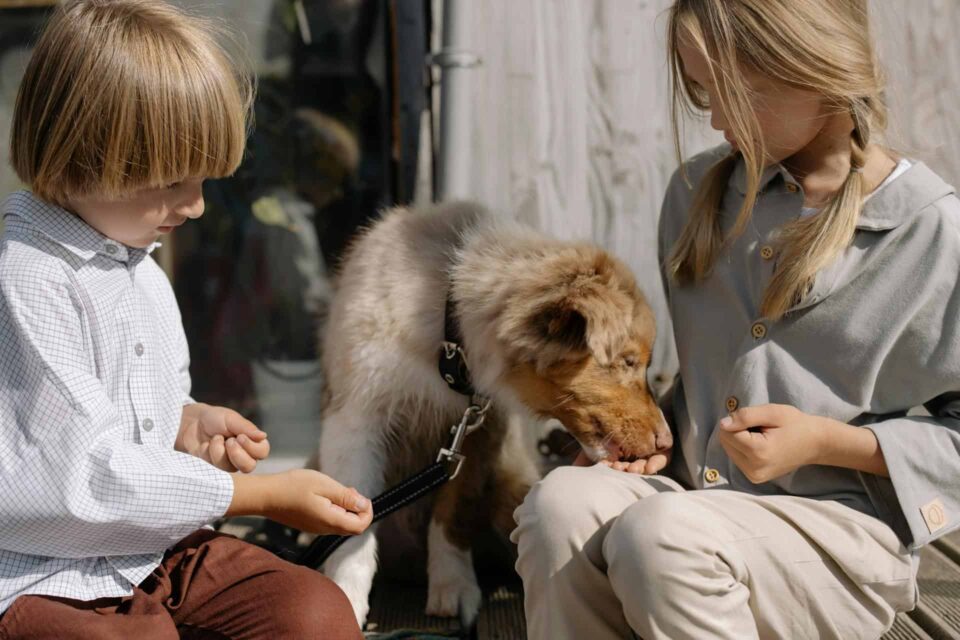
Safe Snacking: Can Dogs Eat Cashews?
As a new dog owner, you're probably eager to share everything with your furry friend, including snacks. But before you offer your dog a handful of cashews, it’s important to know if they’re safe and beneficial for them.
In this guide, we'll explore whether dogs can eat cashews, the risks and benefits, and what you should keep in mind when introducing this snack to your dog's diet.
Key Takeaways:
- Cashews are safe for dogs in moderation, but they must be unsalted and plain to avoid digestive issues.
- Cashews are high in fat, which can lead to weight gain and pancreatitis if fed in large quantities.
- Some dogs may be allergic to cashews, making it crucial to introduce them slowly and watch for reactions.
- Avoid flavored or salted cashews, as these additives are harmful to dogs.
- Consult your vet before introducing any new snacks, including cashews, to your dog's diet.
Can Dogs Eat Cashews?
Yes, dogs can eat cashews, but there are important guidelines to follow. Cashews, unlike some other nuts, are not toxic to dogs. However, just because they are not poisonous doesn’t mean they are always a good idea. Feeding your dog cashews can be safe, but it depends on factors like portion size and preparation.
The Benefits of Cashews for Dogs
Cashews are packed with nutrients like protein, healthy fats, and vitamins, which can offer some benefits to dogs in moderation. For instance:
- Protein: Supports muscle maintenance and overall energy.
- Healthy fats: Help with skin and coat health, making your dog’s fur shinier.
- Vitamins and minerals: Cashews contain magnesium, potassium, and vitamins E and K, which contribute to bone health and immune function.
However, these benefits only apply when cashews are given sparingly. Dogs have different nutritional needs than humans, and overfeeding them cashews could lead to unwanted health issues.
Risks of Feeding Cashews to Dogs
While cashews are safe in small amounts, they do pose some risks:
- High fat content: Cashews are calorie-dense and high in fat. Feeding too many could contribute to obesity or, in severe cases, pancreatitis—a painful condition where the pancreas becomes inflamed.
- Allergies: Some dogs might be allergic to cashews, so it’s always wise to introduce any new food slowly and monitor for allergic reactions like itching, vomiting, or diarrhea.
- Choking hazard: Cashews can be a choking risk, especially for small dogs. Always break them into small pieces or crush them before offering them to your pet.
Related: Natural Sedatives for Dogs: Calming Solutions for Anxious Pups

How to Safely Feed Cashews to Your Dog
If you decide to give your dog cashews, follow these safety tips:
- Unsalted and plain: Only give your dog unsalted, plain cashews. Salted or flavored varieties often contain ingredients like garlic, onion powder, or other spices that are harmful to dogs.
- Limit portion size: Cashews should be an occasional treat, not a regular part of your dog’s diet. Stick to a few small pieces and monitor your dog’s reaction after eating them.
- Crushed or chopped: Serve the cashews in small pieces to reduce the risk of choking, especially for smaller dogs.
If you're looking for more snack ideas, check out this list of safe dog treats from PetMD.
Alternatives to Cashews
While cashews can be an occasional snack, other foods may be safer and healthier for regular snacking. Some great alternatives include:
- Carrots: Low in calories and high in fiber, carrots are excellent for a crunchy snack.
- Apples: Apples are a good source of fiber and vitamins, but make sure to remove the seeds and core.
- Blueberries: These small fruits are packed with antioxidants and are perfect for a low-calorie treat.
Related: Exploring Holistic Care for Dogs
When to Avoid Cashews Completely
Certain dogs should not be given cashews at all:
- Dogs with a history of pancreatitis: The high fat content can trigger a flare-up, causing pain and digestive issues.
- Overweight dogs: If your dog is already struggling with their weight, it's best to skip cashews and opt for low-calorie treats.
- Dogs with nut allergies: If you know or suspect your dog has a nut allergy, it’s best to avoid cashews entirely.
Always consult your vet if you’re unsure whether cashews are safe for your dog, especially if they have existing health conditions. You can also refer to expert advice on safe dog diets from VCA Hospitals.

What to Do if Your Dog Eats Too Many Cashews
If your dog accidentally eats too many cashews, monitor them for signs of digestive distress such as vomiting, diarrhea, or lethargy.
In rare cases, large amounts of cashews can cause pancreatitis. If you notice any concerning symptoms, contact your vet immediately.
When incorporating cashews into your dog's diet, keep in mind that they should never replace the main meals designed for their specific nutritional needs. Treats like cashews should only make up a small percentage of their calorie intake.
Consistently overfeeding snacks, even those considered safe, can lead to an imbalance in their overall health. It's also essential to monitor how your dog reacts to any new food, as their digestive systems can be sensitive to changes.
Moderation and variety are key when offering human foods to dogs.
Want to keep your dog's skin and coat looking their best while ensuring their health? Try our Gou Gou Pets Allergy Shampoo for a plant-based, holistic grooming solution. Your pet deserves the best care!
Conclusion
While cashews can be a fun and occasional treat for your dog, they should be given with caution. Always make sure they’re unsalted, plain, and fed in small amounts. And remember, the best snacks for your dog are those that align with their overall health and nutritional needs.
Share
